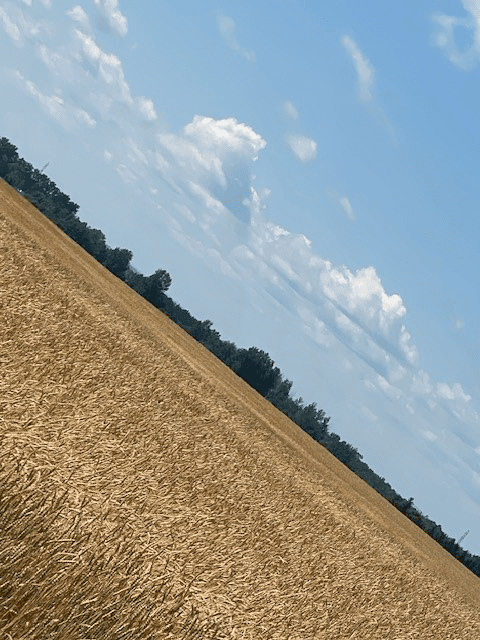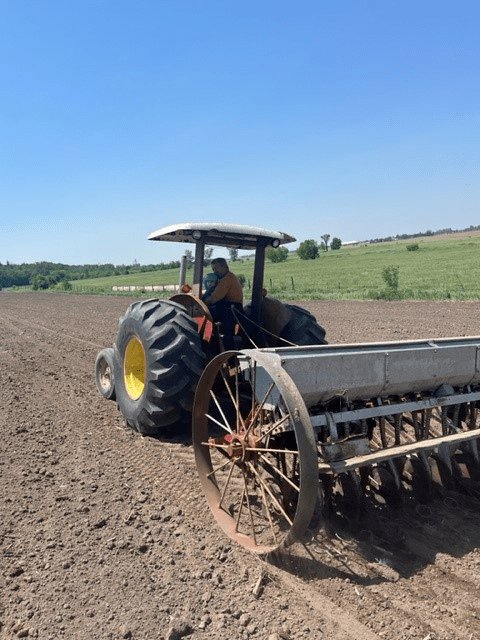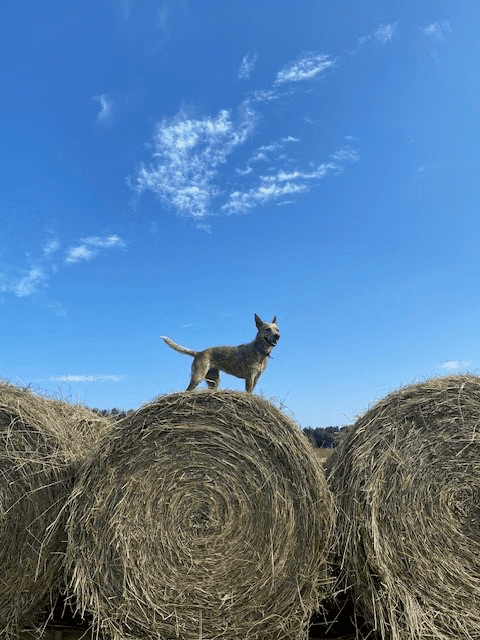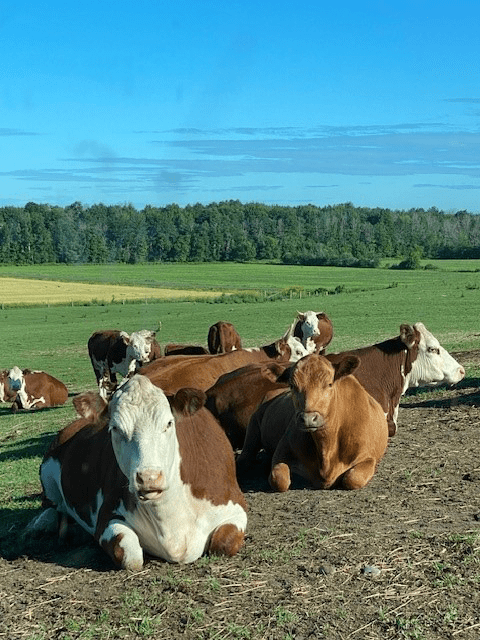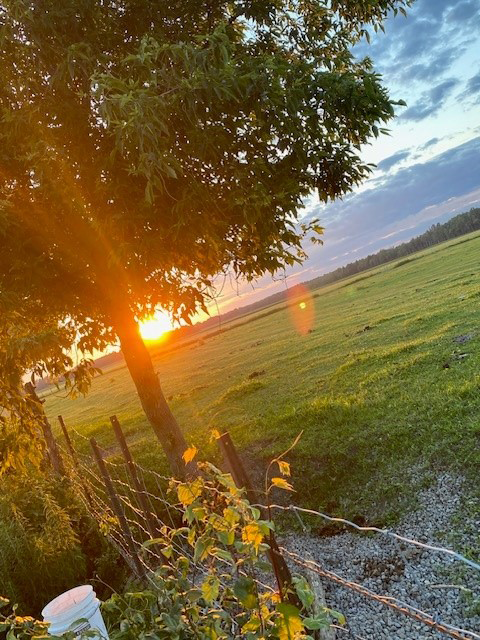To get ahead in the business world, you need what is called a growth mindset. Some Tulmar employees take that pretty literally–spending their downtime working on local family farms.
Growing up on farms has taught them the value of hard work, the importance of empathy, the benefits of curiosity–and that it’s ok to get your hands a little dirty.
Amanda Howes, MRO Manager, grew up on a 200-acre farm outside of Vankleek Hill. Her family, including her mom and Tulmar coworker Marsha Howes, farmed horses, cows, and now sheep.
“I can recall leaving work on numerous occasions for a farm emergency,” Amanda laughs. “I don’t think too many people can say they ran home at lunch, delivered a baby sheep and then returned just in time for a meeting.”
Her life on the farm has helped shape her career here at Tulmar. “Being born on the farm has made me empathetic, which helps me manage my team,” she says. “It assists me greatly in listening and acting on what each person needs to complete their tasks or to make their jobs easier. Just like farming, everyone plays a role to get the job done and we help each other out.”
Etienne Brunet, Design and Project Engineer, grew up on a dairy farm with his two brothers. As the youngest, he ultimately chose to leave full-time farming with the support of his family. After spending a few years outside of Montreal, his job with Tulmar allowed him to move back to his hometown to be closer to his family. “Farming is always a lot of work and it’s important for me to be able to be around and help when I’m needed.”
He credits farming with sparking his interest in engineering. “I was always curious about knowing the idea and technologies behind farming equipment,” he says. “The work ethic instilled in me working most of my life on the farm helped me learn the value and efficiency of optimizing production, and to be able to find quick solutions and take action.”
Engineering Specialist Lee Verkuylen’s family dairy farm was purchased by his grandfather when he came to Canada from Holland. With the help of Lee’s father, they built up and modernized the farm–finding ways to maximize space and make the most of what they had.
“Farming helped me to understand taking care of equipment, and making things work in unexpected ways. Getting around issues, maintenance, or repurposing things in useful ways,” says Lee. “This naturally rolled into my engineering role. I often find neat ways to get things fixed, or to solve project problems.”
